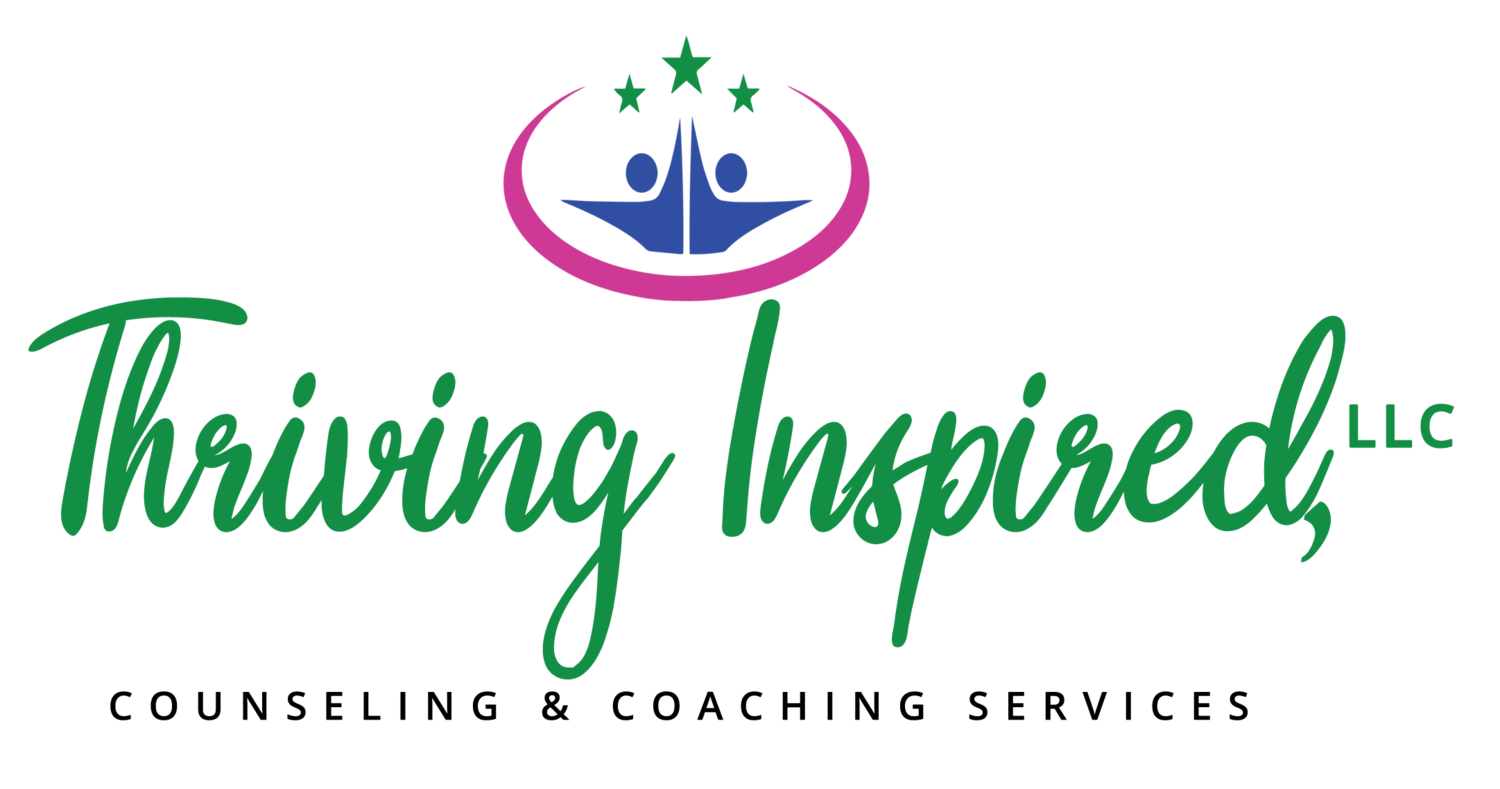“Energy flows where attention goes”
As a child therapist and parent coach, my orientation is towards identifying presenting concerns. One of my first questions is usually…” what happened recently that prompted the call to me?”. The initial focus is on what is “wrong”. After all, most people don’t start seeing a therapist or coach to celebrate their achievements. It is critical however, to identify what is going well even as if we explore what needs to be improved. The best chance for success involves incorporating strengths in the solutions that are developed. This is true for both parents and children.
Consider the child who is constantly being corrected and redirected at home and school. He becomes fully aware of his difficulty with managing his emotions, or with staying on task, or with following directions. The adults in his world become very adept at spotting these difficulties as well. In fact, often that is all that they bring to his attention. Parents and teachers are on the look out for ways to help him improve, so when he is doing well not much is said. Let me challenge you to flip the focus. “Catch your child doing something good!”.
As the adage goes, what you focus on increases. There are several benefits to focusing on the behaviors you want to see more of:
1. It is a self-esteem boost for your child. He develops increased confidence in his ability to do well. Bringing his successes to his awareness, even if it is only small steps in the right direction, will help him to see his progress.
2. Desired behaviors are rewarded with attention. Often children are seeking more attention from those they care about. This is really a need for more connection. When they receive ongoing encouragement for doing what is expected, they are less likely to seek attention in undesirable ways.
3. Positive attention encourages behaviors that will elicit more positive attention. Children naturally want to do well and to be successful. All things being equal, their default mode will be towards behaviors that prompt praise and encouragement from the important people in their lives.
4. It changes how you see your child. When you are intentional about looking for the behaviors you want more of, you often see a different child. The undesirable behavior is no longer “energized” or, at the very least, desirable behaviors get some of that energy. In the beginning you may have to be generous in your observation. Acknowledge even when your child is partially successful. Any progress towards the desired goal should be amplified.
5. Your relationship with your child improves. Increased positive interactions will lead to more of the same. Your child will see himself as capable and valued because he will experience more of that in relationship with you.
This is not a panacea for all that needs to be changed or improved. It is however a necessary starting point if your intention is to strengthen your relationship with your child while working towards identified goals.

